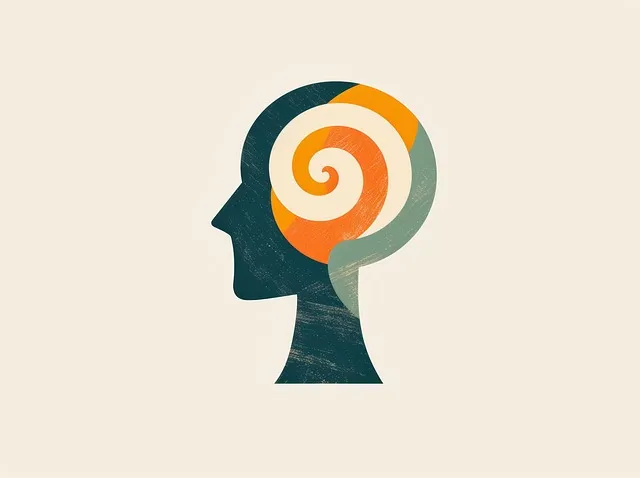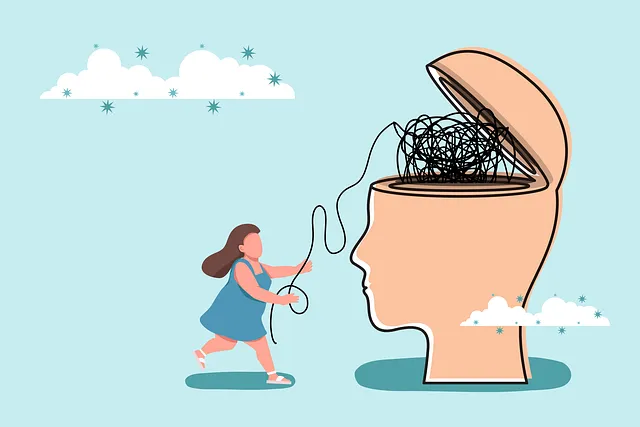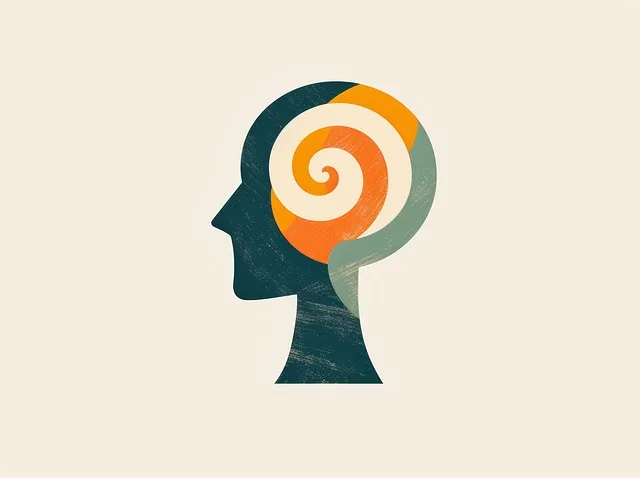The Northglenn Kaiser Permanente mental health center prioritizes culturally sensitive care by recognizing and respecting community diversity. They offer specialized programs focusing on stress management, mental wellness coaching, and crisis intervention to bridge cultural gaps and provide tailored support for a diverse population. Through holistic practices, including positive thinking, resilience-building, mindfulness meditation, and active listening, the center fosters trust, empathy, and open communication, ensuring accessible and effective mental healthcare for all Northglenn residents.
In today’s diverse Northglenn community, cultural sensitivity is paramount in mental healthcare. This article explores how the local Kaiser Permanente mental health center addresses cultural diversity, offering inclusive practices that bridge gaps and foster trust. We delve into their unique approach, focusing on navigating cultural barriers, building empathy, and enhancing treatment outcomes for a wide range of patients. By understanding the Northglenn community’s needs, Kaiser Permanente leads the way in providing culturally sensitive care.
- Understanding Cultural Diversity in Northglenn Community
- Kaiser Permanente's Approach to Inclusive Mental Health Care
- Navigating Cultural Barriers to Effective Treatment
- Fostering Trust and Empathy at the Mental Health Center
Understanding Cultural Diversity in Northglenn Community

The Northglenn community is a vibrant tapestry woven with threads of diverse cultural backgrounds, reflecting the rich tapestry of Colorado itself. This diversity is particularly evident in the population served by the local Kaiser Permanente mental health center. Understanding and appreciating this cultural mosaic is paramount for providing effective care. Residents here hail from various ethnic groups, each bringing their unique traditions, beliefs, and perspectives on mental health and wellness. This cultural richness requires a nuanced approach to mental healthcare practices, ensuring services are accessible and tailored to individual needs.
The Northglenn Kaiser Permanente mental health center plays a pivotal role in fostering mental wellness within this diverse community. By offering specialized programs like Stress Management Workshops Organization and Mental Wellness Coaching Programs Development, the center aims to bridge cultural gaps. These initiatives not only promote understanding but also provide practical tools for managing stress and enhancing overall mental resilience. Moreover, the availability of Crisis Intervention Guidance caters to the unique challenges faced by culturally diverse individuals during times of crisis, ensuring a supportive and sensitive response.
Kaiser Permanente's Approach to Inclusive Mental Health Care

Kaiser Permanente, a renowned healthcare organization, is dedicated to providing inclusive mental health services, as evidenced by its Northglenn center. Their approach prioritizes cultural sensitivity, ensuring that every individual receives tailored care. The mental health professionals at Kaiser Permanente are trained to recognize and appreciate the diverse backgrounds, beliefs, and experiences of their clients, fostering an environment free from stigma and discrimination.
By integrating positive thinking, resilience-building, and stress management techniques into their practice, the center empowers patients to navigate their mental health journeys effectively. This holistic approach respects individual cultural identities while offering evidence-based interventions. Kaiser Permanente’s commitment to inclusive care sets a standard for the industry, demonstrating that cultural sensitivity is not just beneficial but essential in delivering quality mental healthcare.
Navigating Cultural Barriers to Effective Treatment

Navigating cultural barriers to effective treatment is a critical aspect of providing quality care at the Northglenn Kaiser Permanente mental health center. With a diverse patient population, understanding and respecting individual cultural backgrounds, beliefs, and practices are essential for building trust and fostering meaningful therapeutic alliances. Cultural sensitivity requires mental health professionals to be aware of their own biases and to adapt their approaches accordingly, ensuring that interventions are culturally relevant and effective.
The Stress Management Workshops Organization, Anxiety Relief, and Mental Health Education Programs Design can play a significant role in addressing cultural barriers. These initiatives not only educate patients about various aspects of mental well-being but also help bridge the gap between different cultural groups and healthcare systems. By incorporating diverse perspectives into these programs, the Northglenn Kaiser Permanente mental health center aims to create an inclusive environment that promotes better outcomes for all individuals seeking support for their mental health needs.
Fostering Trust and Empathy at the Mental Health Center

At the Northglenn Kaiser Permanente mental health center, fostering trust and empathy is paramount to delivering culturally sensitive care. The journey begins with understanding the unique cultural backgrounds and experiences of each client. Mental health professionals at this center are trained to incorporate these insights into treatment plans, ensuring that every individual feels seen and heard. By recognizing and valuing diverse perspectives, staff create a safe and supportive environment conducive to open communication.
This approach not only enhances the therapeutic process but also encourages clients to share their mental wellness journeys honestly. Through active listening, cultural sensitivity training, and evidence-based practices like mindfulness meditation, professionals at Northglenn Kaiser Permanente aim to address the specific needs of their diverse clientele. They understand that a holistic view of mental health includes recognizing and mitigating potential risks (Risk Assessment for Mental Health Professionals), thereby promoting positive outcomes for all.
In light of the diverse cultural landscape within the Northglenn community, the integration of cultural sensitivity in mental healthcare practices is more vital than ever. Both Kaiser Permanente and local mental health centers have initiated inclusive approaches, navigating cultural barriers through trust-building and empathy fostering. These initiatives ensure that individuals from various backgrounds receive tailored support, ultimately revolutionizing mental healthcare accessibility for all Northglenn residents. By understanding and addressing cultural diversity, the mental health center becomes a safe space, mirroring the vibrant tapestry of its community.






